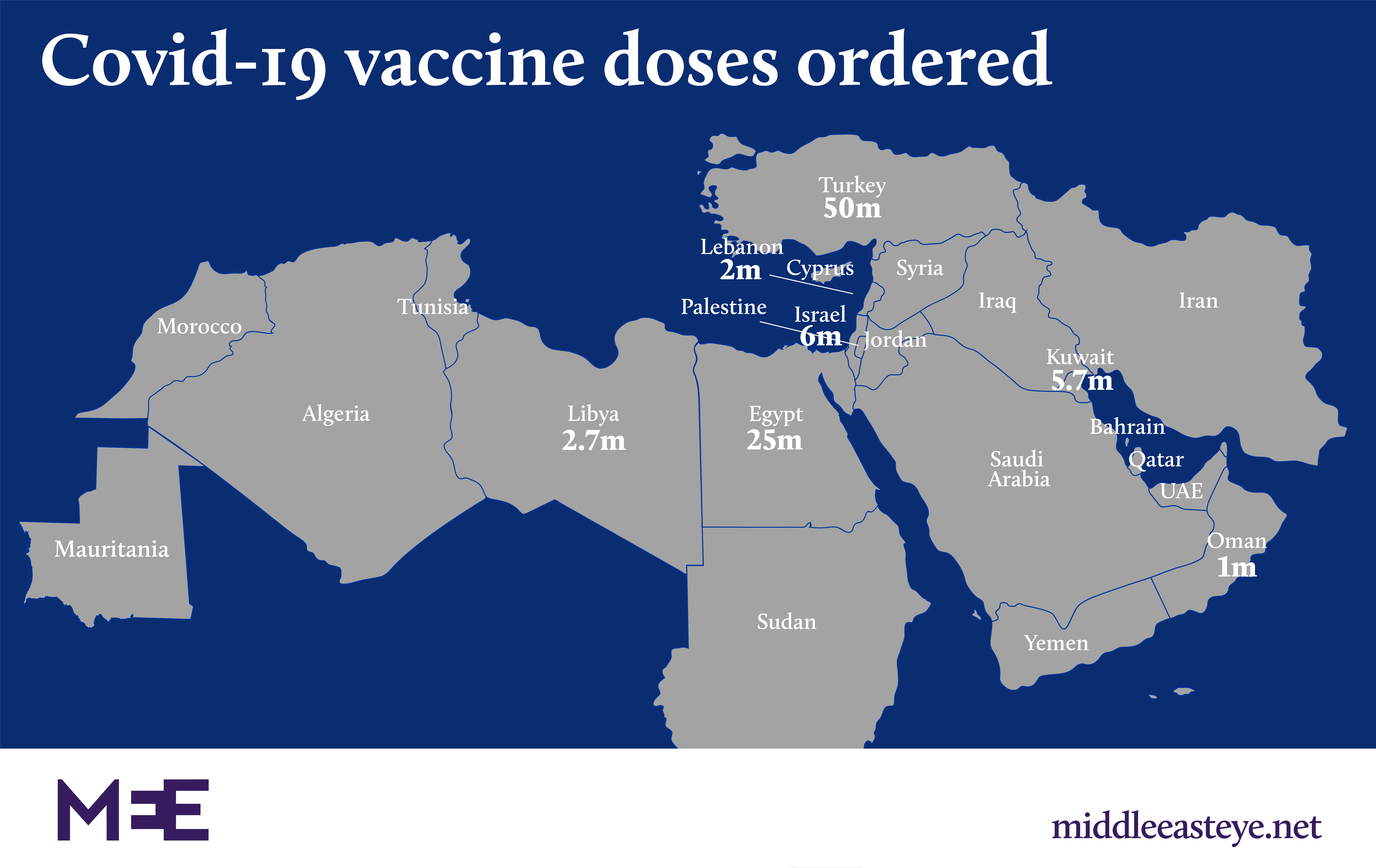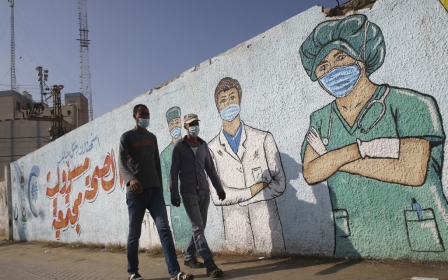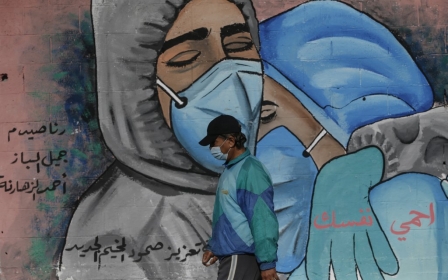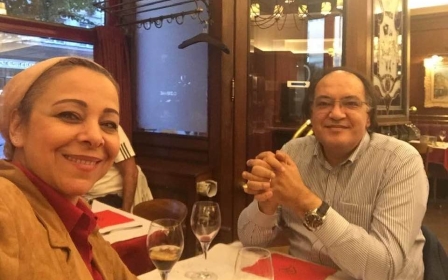Covid-19 vaccine: How the Middle East and North Africa is preparing
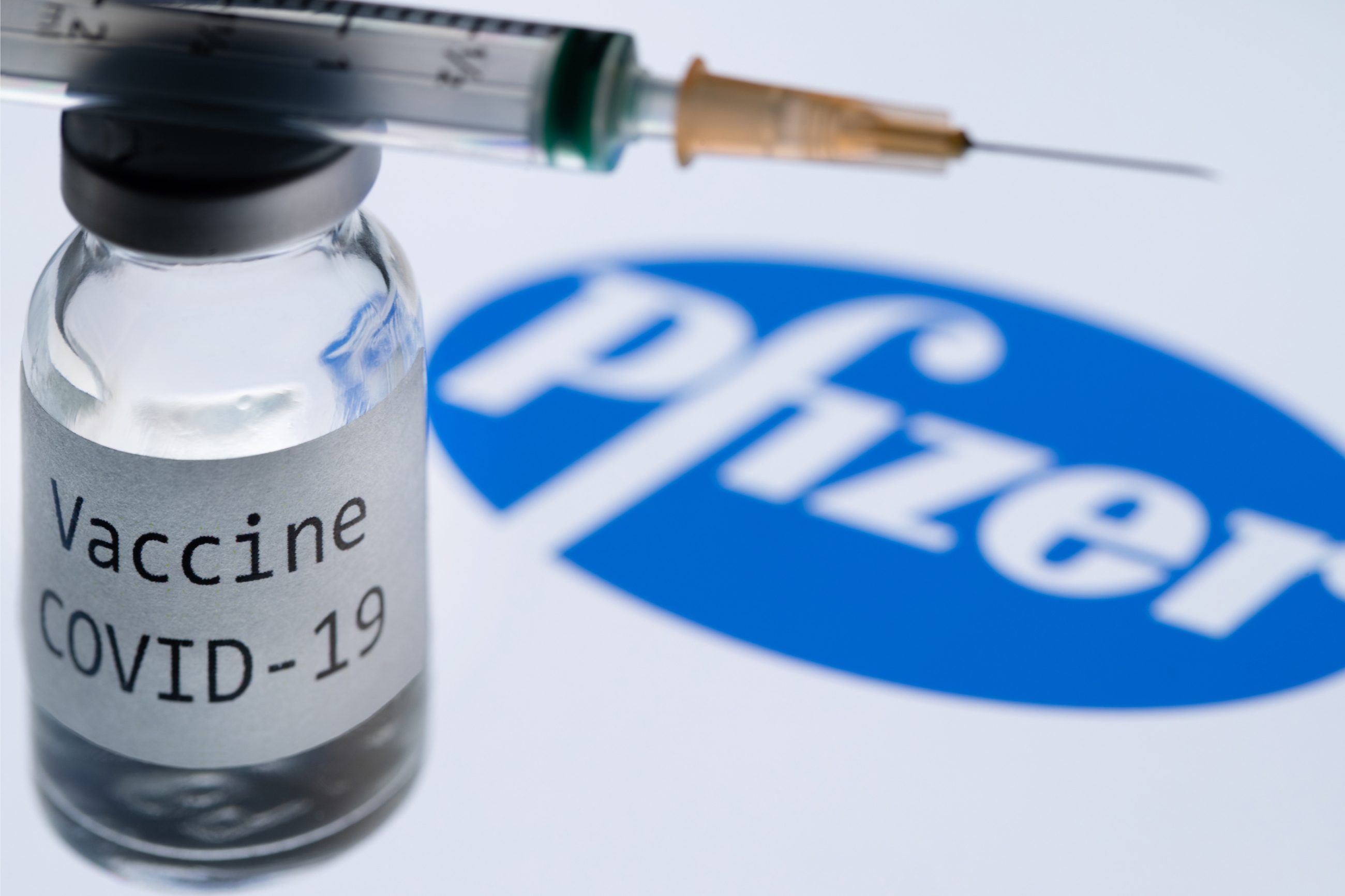
This month, Covid-19 vaccines are set to begin rolling out to patients worldwide.
Some countries in the Middle East and North Africa have already ordered doses from manufacturers like Pfizer/BioNTech and Moderna. Others don't have the resources to purchase or store the coronavirus vaccine.
Middle East Eye takes a look at each country in the region and their efforts to secure the long-awaited vaccine.
Algeria
New MEE newsletter: Jerusalem Dispatch
Sign up to get the latest insights and analysis on Israel-Palestine, alongside Turkey Unpacked and other MEE newsletters
Earlier this month, Health Minister Abdel Rahman Ben Bouzid told Algerian Radio that Algiers had begun negotiations with several international companies developing the vaccine.
Kamel Senhadji, director of the State Health Security Agency, also told Algerian Radio: "These days we are studying all vaccines scientifically, and if approved, we will start the vaccination operations a month from now [January] in batches."
Algeria has not said any doses have been purchased.
Bahrain
On 4 December, Bahrain became the second country after Britain to grant emergency use authorisation for the Pfizer/BioNTech Covid-19 vaccine.
The country did not disclose how many doses it had purchased or when vaccinations would begin.
In November, China’s Sinopharm vaccine was approved for use by frontline workers only. So far, around 6,000 people have been innoculated with it.
Bahrain's Crown Prince Salman bin Hamad volunteered for phase three trials in a locally developed vaccine in September.
Egypt
Egypt’s finance and health ministers have been in talks to receive 20 million doses of the vaccine through COVAX, an international initiative to make vaccines available equally for countries of different means.
The country is also trying to acquire millions of doses of the Oxford-AstraZeneca vaccine.
The Russian Direct Investment Fund (RDIF) announced at the end of November that it had agreed to supply Egypt with 25 million doses of its Sputnik-V vaccine.
Together, the orders would supply 45 million doses. With two doses necessary for each patient, Egypt will be able to cover just under a quarter of its population of 100 million.
Iran
On Monday, Iran's central bank chief said the United States is attempting to block Iranian efforts to secure vaccines through COVAX.
Iran, the Middle Eastern country hardest hit by the pandemic with over 50,000 recorded deaths, has said it plans to use foreign vaccines while it develops its own.
Health Minister Saeed Namaki suggested that four Iranian companies were developing vaccines.
On 3 December, the country hit 1 million Covid-19 cases.
Iraq
Iraq has struggled badly to contain the coronavirus pandemic. Around 560,000 cases and 12,400 deaths have been officially recorded.
No information has been made public on efforts to secure a vaccine.
Israel
Israel has secured access to six million doses of Moderna’s mRNA-1273 vaccine.
This amount would be sufficient to cover a third of Israel’s population.
Jordan
Health Minister Nathir Obeidat has said that the first doses of the Pfizer vaccine will be available at the end of January.
It is not clear if doses have been ordered by the Jordanian government.
Kuwait
Kuwait has reached agreements to import 1 million doses from Pfizer, 1.7 million doses from Moderna, and 3 million doses of the Oxford-AstraZeneca vaccine
As each individual will need two doses of the vaccine, this amount will cover around 2.5 million people, about 60 percent of Kuwait's population.
Lebanon
The head of Lebanon’s parliamentary health committee, Assem Araji, said on Tuesday that the country has purchased two million doses from Pfizer.
They will be distributed for free and according to priority, Araji said.
Caretaker Health Minister Hamad Hassan has previously said that Lebanon signed agreements with Pfizer and COVAX to receive doses that will cover around 2 million people out of Lebanon’s 6.8 million population.
Libya
The Government of National Accord (GNA), which controls western Libya, has disclosed that it has contracts to purchase 2.7 million doses of the vaccine through COVAX.
Tripoli-based state news agency LANA reported that the Libyan Audit Bureau has approved the purchase of $9.6m worth of doses.
With a population of six million, the vaccine will only cover a third of Libyans.
No information has been diclosed by Khalifa Haftar's rival administration in eastern Libya on efforts to secure a vaccine.
Mauritania
Mauritania has recorded 9,500 Covid-19 cases and 188 deaths. There is no information available on efforts to secure vaccines.
Morocco
Morocco is preparing to vaccinate 80 percent of its adults, starting this month. China's Sinopharm, as well as Oxford/AstraZeneca, will provide the vaccines.
According to the prime minister, the country is also in talks with other developers.
Oman
Oman’s Health Minister Ahmed bin Mohammed al-Saeedi says the sultanate has reserved 1 million doses of the vaccine via COVAX.
With a population of almost 5 million, this would be sufficient for 20 percent of the county’s population
Saeedi suggested that the country has also contacted Pfizer and ordered an additional 370,000 vaccine doses. Around 20,000 will be delivered during December and the remainder early next year.
Palestine
Israel's Hadassah Medical Centre is currently in talks with the UAE over the sale of 1.5 million doses of the Russian Sputnik V vaccine for Palestinians in the occupied West Bank.
However, it is not believed that Israel is planning on using the Russian vaccine on its own population any time soon, and isn't likely to approve it in the near future.
It is not known if there are any efforts underway to secure the vaccine for the besieged Gaza Strip.
Qatar
In October, Qatar signed an agreement with Moderna to buy its vaccine as soon as it is approved and released for global use.
In the same month, Doha signed an agreement with Pfizer to recieve an undisclosed amount of vaccinations.
Abdullatif al-Khal, chair of a national Covid-19 health group, said: “Negotiating early and securing a number of agreements enhances our chances of getting sufficient quantities of the vaccine early.”
He did not mention how many vaccines they were requesting.
Saudi Arabia
According to the Saudi Press Agency, Riyadh will implement a registration system for individuals to receive the vaccine once it becomes available.
A health ministry spokesperson has suggested that Saudi Arabia will be one of the first countries to receive the Covid-19 vaccine.
It is not known if Saudi Arabia has ordered any doses.
Sudan
Sudan, which has recorded 19,700 cases and 1,300 deaths, was hit by the coronavirus pandemic at a moment of economic crisis and uncertainty.
There has been no information on efforts to obtain the vaccine.
Syria
After a decade of war, Syria is divided between government, rebel forces and a Kurdish administration. The virus is thought to have spread widely in all areas of control to an alarming degree.
There is no information on efforts by any of the authorities to secure vaccines.
However, in October President Bashar al-Assad told Russian state media: "Everybody in Syria is asking about the Russian [Sputnik V] vaccine and when it's going to be available."
Tunisia
In October, Health Minister Faouzi Mehdi claimed that Tunisia would be among the first countries to receive a vaccine.
In a press conference he said: "Tunisia has coordinated with the World Health Organisation and donors, and has mobilised the necessary funds to receive the vaccine against the coronavirus as soon as it will be placed on the market."
It is not know if any doses have been ordered, or how many.
Turkey
According to the developer of the Pfizer-BioNTech vaccine, Turkey will be among the first countries to receive its vaccine.
Ugur Sahin said the company will send a shipment to Turkey in the first three months of 2021.
On 25 November, Turkey signed a contract to buy 50 million doses of a vaccine from China’s Sinovac Biotech according to Health Minister Fahrettin Koca.
He has suggested that “the vaccination calendar could start on 11 December”.
As each person would require two doses, this deal only secures a vaccine for 25 million people in Turkey out of a population of 82 million.
UAE
So far, dozens of Emirati officials, including Prime Minister Mohammed bin Rashid, as well as frontline healthcare workers, have taken a vaccine developed by China’s Sinophram.
The exact number of vaccines purchased by the UAE has not been disclosed.
Yemen
Yemen's healthcare system has been devastated by five years of war, and is labelled by the UN as the world's greatest humanitarian crisis.
The coronavirus is thought to have torn through the country in May, but doctors in the country have said they have not tested anyone positive recently. The World Health Organisation expects a second wave to hit Yemen, however.
Efforts to roll out a vaccine in a country struggling with hunger and various other deadly diseases, and where 21 million people already require aid, are not expected any time soon.
This article is available in French on Middle East Eye French edition.
Middle East Eye delivers independent and unrivalled coverage and analysis of the Middle East, North Africa and beyond. To learn more about republishing this content and the associated fees, please fill out this form. More about MEE can be found here.


